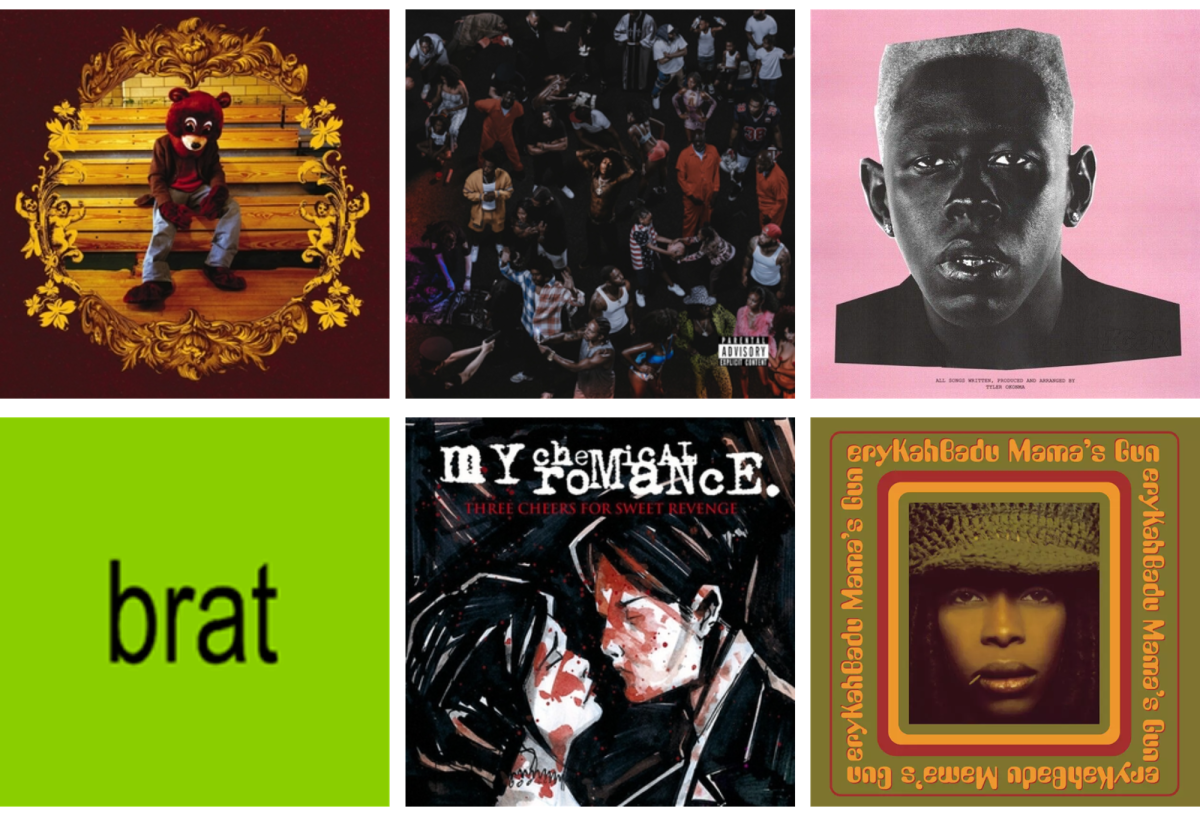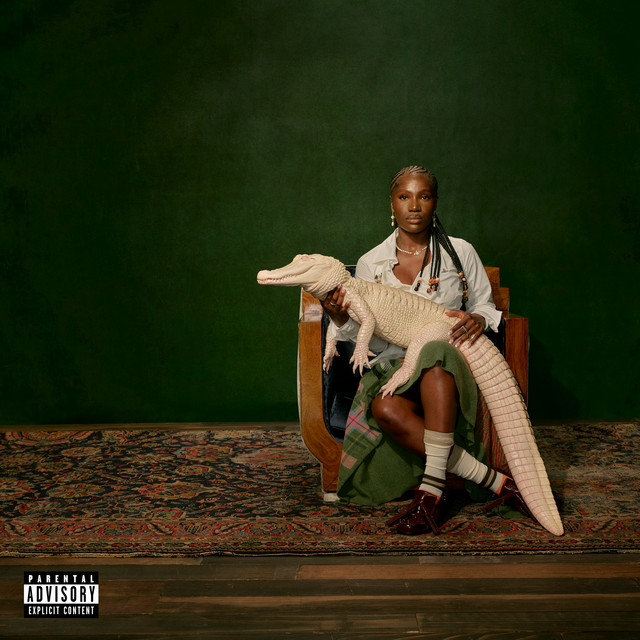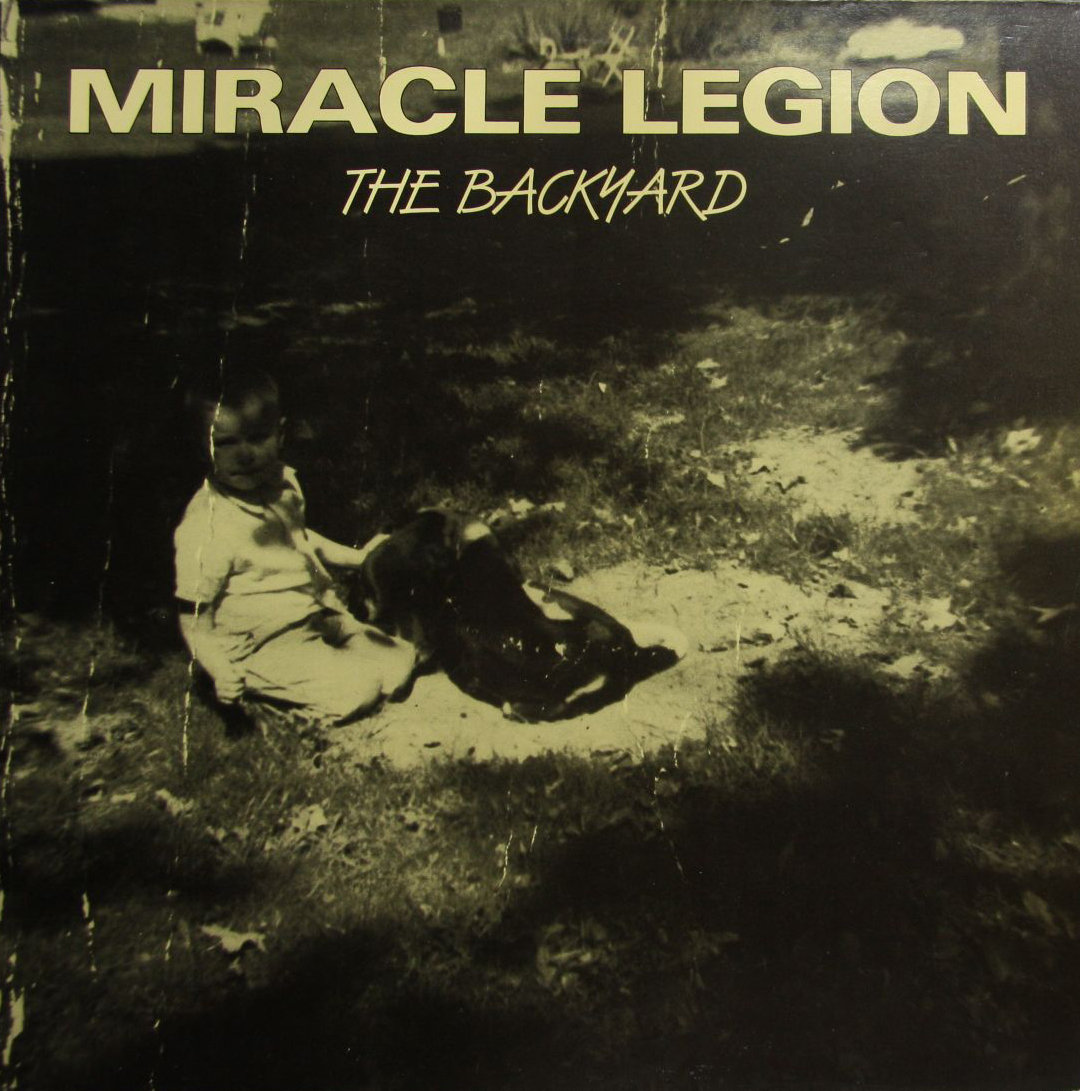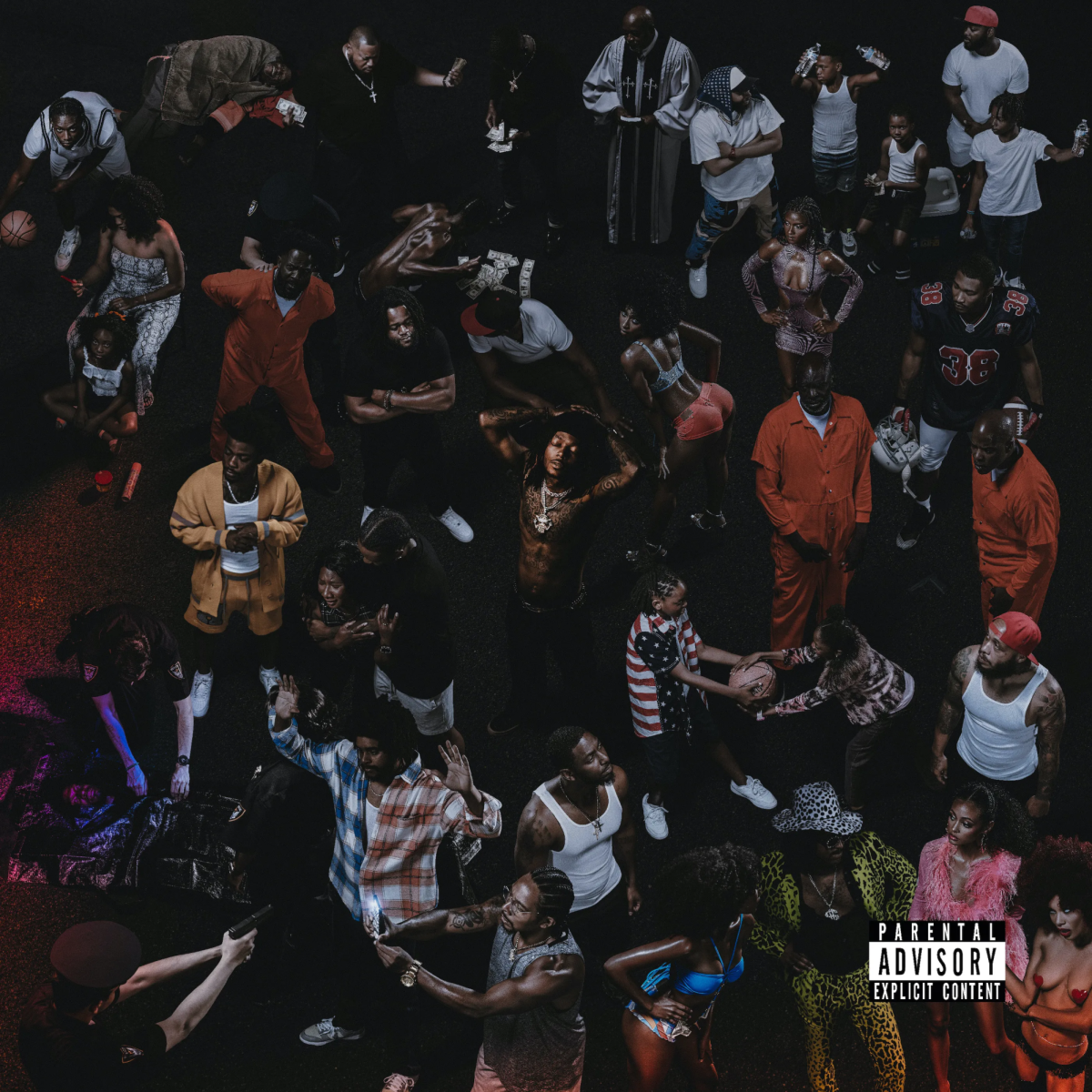In October of 2024, Tyler “The Creator” Okonma dropped his album, Chromakopia. A month later, Kendrick Lamar dropped his album, GNX. These artists, known for the quality of their work, both released albums considered to be nominees for AOTY. Well… one is considered more of a nominee than the other. Despite the short time it’s been around, various sources are already calling GNX one of the best, if not the best, hip-hop album of the decade. Some even go so far as to say that it’s Lamar’s best album since TPAB (theneedledrop, AllMusic) while others say that it’s his best project to date (NME). Okonma’s Chromakopia, however, has not been rated nearly as highly, garnering a 7 from Pitchfork and an 8 from Rolling Stone, and even some scores lower than that (NME, Slant Magazine). These polarizing reviews could be explained with some context.

Chromakopia is widely thought of as being inspired by Lamar’s second latest album, Mr. Morale and the Big Steppers (MMTBS). On MMTBS, Lamar focuses on himself instead of his usual album structure being a commentary on society. Okonma follows in those footsteps to a degree. Historically, his albums have had a prominent “alter-ego” of sorts which we get to know more about throughout the duration of the album. On Chromakopia, however, it is often hinted at that this is Tyler being true to himself, no masks covering his face, and portraying a character no more. The instrumentation on the album is equally as poetic and beautiful. Not one song on the album follows traditional hip-hop beats, characterized by looping patterns and clear stanzas. Okonma opts for a more “live band” feel, with little moments of a lead synth or drum beat coming in for 5 seconds, as if it were improvised right in front of you. I’d say that instrumentally, Chromakopia is either the best or the second best work that Okonma has produced. Critics, however, do not seem to hold the same opinion. Many claim that the introspective and improvisational aspects of the album make it difficult to listen to and hard to digest. It’s peculiar that critics would have something against an album’s digestibility, but it follows through with subsequent reviews of the album released about a month later.
GNX follows a sentiment that seems anything but reminiscent of Lamar’s sound. Previous albums, like Good Kid, M.A.A.D City and To Pimp A Butterfly are well known for their beat selection and undeniably unique usage of live instrumentation, especially in a period known for the abuse of looping drum tracks. Songs that sound like a traditional hip-hop track are countable on one hand for both of these albums. For GNX, in my opinion, it seems like Lamar has forfeited his signature sound, choosing a more “west-coast” sound instead. For me, this is not enough. His previous album MMTBS was filled to the brim with introspection, while GNX has 2 songs where I’d say any level of depth is present. Lamar says this himself, with one of the lines on the opening track being “This is not for lyricists, I swear it’s not the sentiments”. Knowing what I know Lamar is capable of, I would not rate this album highly among his discography. However, with starring and number systems being so prevalent, it’s safe to say that critics disagree with this sentiment. Some say that the simplicity of the music is what makes it so enjoyable to listen to. Others say that Lamar’s braggadocio throughout the album is entertaining and adds to the experience. It’s clear that the lack of introspection and the higher digestibility of the album is what makes most critics love it so much. This mindset brings up a dilemma, however.
It’s important to bring up that one event is very crucial to the appraise this album has garnered. The “Drake-Kendrick Lamar Feud”, as Wikipedia has so aptly named it, took course during this album’s production, and Lamar’s subsequent “winning” of the feud contributed a lot not just to the album but to critics opinions of it. I believe that Pitchfork (for once) puts it perfectly. “The question is, how much do you enjoy watching him take lap after lap?” What this critic is saying is that on the album, Kendrick is celebratory for being acknowledged as one of the greatest artists of the century, and abandons his usual “humble” mindset he takes in previous works. Tyler does the opposite, branching out from the braggadocious nature of Call Me If You Get Lost, instead offering some sort of repentance for his past behavior and mistakes. For some reason, critics view this as a negative for the sound he was trying to achieve. Logically, that sentiment doesn’t make much sense. An introspective album should have introspective themes, no? Not all the time can one be overwhelmingly positive toward themself. In fact, he almost never is. On both of his highest rated albums, Flower Boy and IGOR, he seems insecure and lonely almost chronically, and judging from ratings, critics found these albums wonderful. Chromakopia also had a very similar production style to the styles of FB and IGOR, so by all accounts it should be looked at through the same lens. This is why I believe there is one of two things happening,

Option one is simple. People just love to see their favorite artists win. MMTBS, Lamar’s most personal album, was also his lowest rated (fully conceptualized) album among critics. Conversely, CMIYGL, Okonma’s most celebratory album, is according to Metacritic his highest rated album among critics. Critics today want to see the growth in an artist, and watch it happen as realistically as possible. Tyler’s popularity absolutely exploded after IGOR, so him talking about his wealth and fame in a fun manner seems like the natural progression. Lamar, after his worldwide success, should not continue to dwell on his shortcomings, but instead celebrate how far he’s come. They’re looking at the albums as the narrative they represent within the discography, and the context surrounding the album.
Personally, I think the context of what’s happening during an album’s creation is important, but it can be taken too far. This is perfectly represented in option two. Option two is that people are being so influenced by the Drake beef. I remember seeing internet forums when Chromakopia came out, talking about track 9, “Take Your Mask Off”. In the song, Tyler talks to his past self, saying that he needs to be true to himself and stop being as erratic as he is. Because of the Drake beef, others interpreted this part as a shot toward Drake, and were thoroughly disappointed upon finding out Tyler was being introspective. GNX has plenty of shots at not just Drake, but Lil Wayne too. Every single review that I’ve seen celebrates this fact, like they’re trying to piggyback off of the beef, and get their own comeuppance when they talk about it. Let’s be completely honest here; talking about the beef has gotten people a lot of money, and celebrating Lamar rather than critiquing him is a popular opinion currently. Lamar’s album was subpar with what he’s produced before, but it’s situationally a perfect time to release, as it’s a time where critics mistake greatness for relevance.
We live in a time where profit is more desirable than art, so it makes objective sense for critics to enjoy the album that will make them the most money. Everyone I’ve talked to, including Gemma Calabria and Colin Shahan of Knightly News, seem to think the album is a 6 to a 7. For once, critics are blinded by their love of an artist, and the fans are the ones critiquing the album. Polarity between these albums exist not just in their meaning, but in how they’re received. It takes a special kind of critic to appreciate an album in isolation, letting personal opinion lay behind them.

